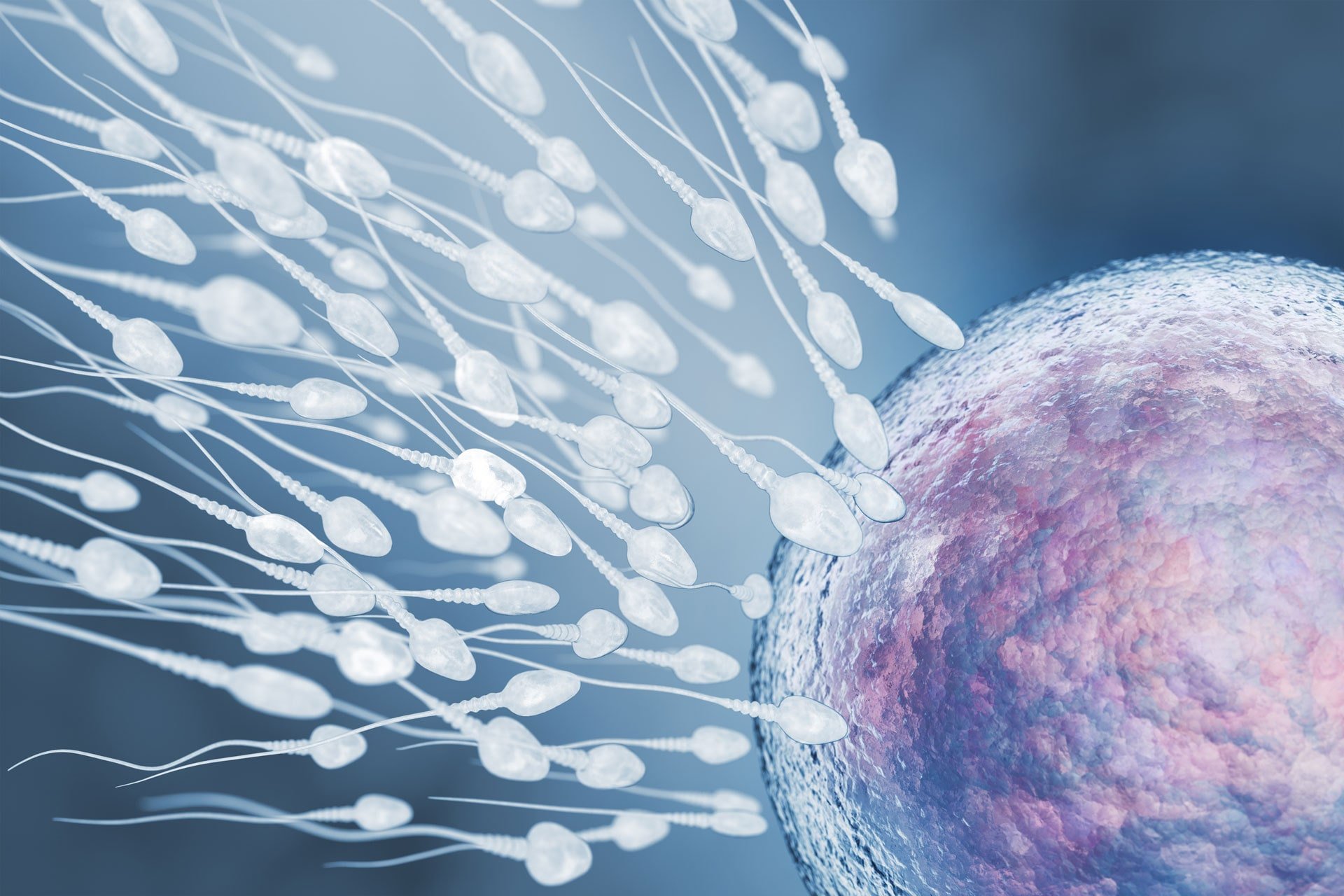A low sperm count means that the sperm count may not be enough for pregnancy. Sperm production is a complex process and requires the normal functioning of the testes, as well as the hypothalamus and pituitary glands, which produce hormones that trigger sperm production in the brain. Problems with any of these systems can affect sperm production. Also, there may be abnormal sperm shape (morphology), movement (motility), or function problems. However, usually the cause of low sperm count has not been determined.
What are the medical causes of low sperm count?
Low sperm count can be caused by a number of health problems or problems that develop after medical treatment.
Varicocele:
Varicocele is a swelling of the vessels that causes the testicle to drain out. This is the most common reversible cause of male infertility. Although the exact reason why varicoceles cause infertility is unknown, it is thought that it may be related to the regulation of abnormal testicular temperatures. Varicoceles cause reduced sperm quality.
Infection:
Some infections can interfere with sperm production or sperm health, or cause scarring that blocks sperm passage. These include inflammation of the epididymis (epididymits) or testicles (orchitis) and some sexually transmitted infections, including gonorrhea or HIV. Although some infections cause permanent testicular damage, for the most part, sperm can be retrieved.
Ejaculation problems:
Retrograde ejaculation occurs when semen enters the bladder during orgasm instead of exiting the tip of the penis. Various health conditions can cause regression or deficiency of ejaculation, including diabetes, spinal cord injuries, and surgery of the bladder, prostate, or urinary tract. Some medications can also cause ejaculation problems, such as blood pressure medications known as alpha blockers. Some ejaculation problems can be reversed, while others can be permanent. In most cases, if there is a problem with permanent ejaculation, sperm can still be retrieved directly from the testicles.
Tumors:
Cancers and non-malignant tumors can affect the male reproductive organs through hormone-secreting glands linked to reproduction (for example, the pituitary gland) or for unknown reasons. Surgery, radiation or chemotherapy to treat tumors can also affect male fertility.
Undescended testicles:
During fetal development, one or both testicles sometimes fail to descend below the abdomen into the abdomen containing the testicles (scrotum).
Hormone imbalances:
The hypothalamus, pituitary and testes produce hormones that are necessary to create sperm. Changes in these hormones and other systems, such as the thyroid and adrenal gland, can weaken sperm production.
Defects of the tubes that carry sperm:
Many different tubes carry sperm. They can be blocked for a variety of reasons, such as accidental injury from surgery, previous infections, trauma, or abnormal development, such as cystic fibrosis or similar hereditary diseases. Blockade can occur at any level, such as in the testicle, in the evacuation of the testicle, in the epididymis, in the vas deferens, near the ejaculatory ducts or in the tubes in the urethra.
Chromosome defects:
Hereditary disorders such as Klinefelter syndrome, in which a man is born with two X chromosomes and one Y chromosome instead of one X and one Y, cause abnormal development of the male reproductive organs. Other genetic syndromes linked to infertility include cystic fibrosis, Kallmann syndrome, and Kartagener syndrome.
Treatment of low sperm count
Treatment options for men with low sperm counts vary according to the patient’s condition. For example, surgery is the most common treatment for men suffering from varicocele. For low sperm count due to infections of the urinary/reproductive canals, antibiotics may be prescribed to clear the infection. When the cause of low sperm count is due to a hormone imbalance, medication and hormone replacement therapy options may also be used. Patients are referred to assisted reproductive technology treatments.


